The American Psychological Association (APA) introduced the 7th Edition of the APA Publication Manual in 2019. This edition replaced the previous one, the 6th Edition of the manual. Since then, several things have changed. The latest edition also updated listing web pages in the 7th edition of the APA Manual Publication
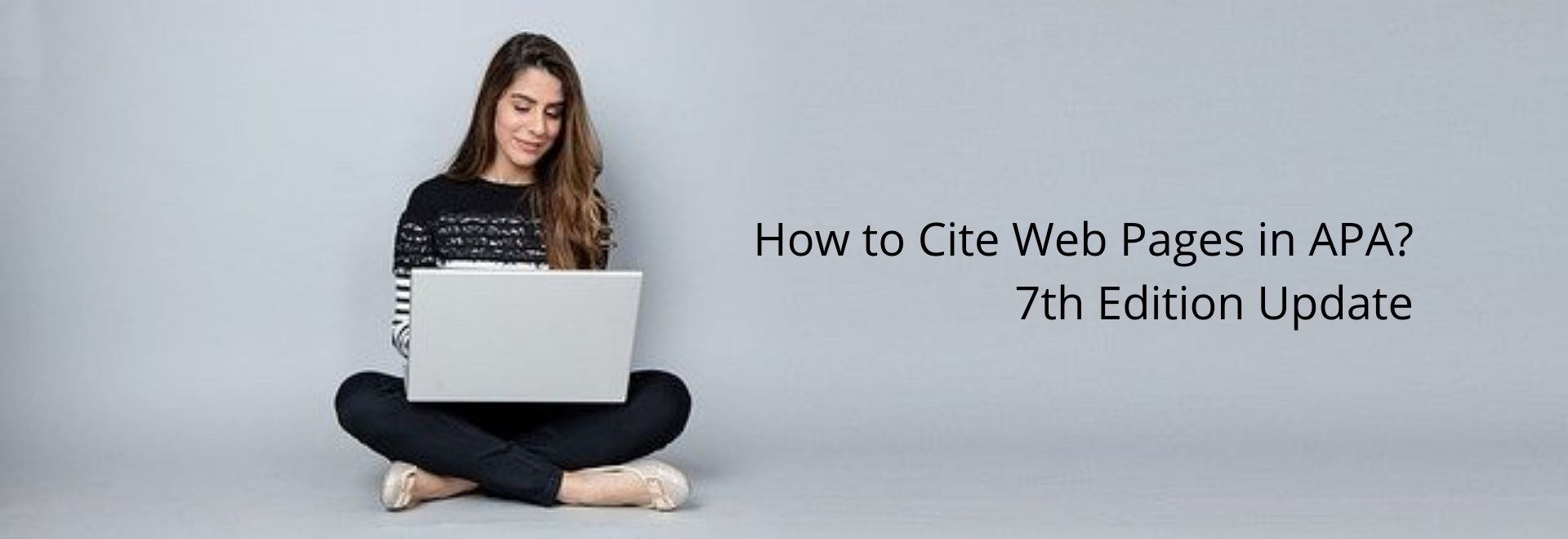
APA is the official style of documentation of academic sources used by the American Psychological Association (APA) and is one of the most commonly used citation styles in the academic field. It is particularly used for citing sources in social and behavioral sciences.

The American Psychological Association (APA) introduced the 7th edition of the APA Publication Manual in 2019. This edition replaced the previous one, the 6th edition of the manual. Since then, several things have changed. The latest edition also updated listing web pages in the 7th edition of the APA Manual Publication. APA website citations usually include the author, the publication date, the title of the page or article, the website name, and the URL. When there is no author, you should start the citation with the title of the article. If the page is likely to change over time, you should add a retrieval date.
With the APA Manual 7th edition, URLs are no longer preceded by “Retrieved from” unless a retrieval date is needed.
The website name is included (unless it’s the same as the author).
Web page titles are italicized.
Year, month, and date are included after the author's name.
Here is the format for both APA 6th and 7th editions:
Author, A. A. (Year, Month Day). Title of online content: Subtitle. Website Name. URL.
|
APA 6th Edition |
Bologna, C. (2019, October 31). Why some people with anxiety love watching horror movies. HuffPost. Retrieved from https://www.huffpost.com/entry/anxiety-love-watching-horror-movies_l_5d277587e4b02a5a5d57b59e |
|
APA 7th Edition |
Bologna, C. (2019, October 31). Why some people with anxiety love watching horror movies. HuffPost. https://www.huffpost.com/entry/anxiety-love-watching-horror-movies_l_5d277587e4b02a5a5d57b59e |
Best Edit & Proof expert editors aim to provide your manuscripts with proper scholarly and academic tone and style. They will improve the chances of having your research manuscript accepted for publishing. They provide subject-area proofreading and editing services in several fields categorized under various disciplines. With our extensive knowledge and expertise, we will help you find the right tone and style for your manuscript.
If you need our doctorally qualified subject-area editors to format your manuscripts, giving you the fundamental rules for formatting your manuscripts as described in your guidelines, such as APA, MLA, or Chicago/Turabian styles, then contact us. At Best Edit & Proof, our proofreaders and editors edit every type of academic paper. We have a user-friendly website, and a simplified the ordering process.
If you would like our subject-area editors and language experts to work on your project for the improvement of its academic tone and style, then please visit the order page. It is easy! It takes only a few minutes to submit your paper and complete the process. Click here to see how it works.

We have flat-rate pricing based on our type of service (editing or proofreading), word count, and turnaround time. Enter your word count or copy and paste your document into our pricing calculator to get an instant quote.
If you need support for editing and proofreading services, contact us. You can also e-mail us or use the 24/7 live chat module to get direct support. We have a 24/7 active live chat mode to offer you direct support along with qualified editors to refine and furbish your manuscript. Alternatively, you can text us through our WhatsApp business line.
Follow us on Twitter, LinkedIn, Facebook, and Medium to get updated information and news about Best Edit & Proof.
For more information about the citation styles and APA style, read the following articles:
The 9 Most Important Changes in the 7th Edition of the APA Manual
How to Present Tables and Figures in APA Style (7th edition)
How to Cite Sources in APA Referencing Style? | With APA 7th Edition Update
This brief guide discusses how to cite web pages in APA 7th edition. To give you an opportunity to practice your proofreading, we have left a few spelling, punctuation, or grammatical errors in the text. See if you can spot them! If you spot the errors correctly, you will be entitled to a 10% discount.
How to Cite Sources in APA Referencing Style | With APA 7th Edition Update
30.11.2020
How to Use ‘‘et al.’’ in APA Style (7th Edition)
28.11.2020
How to Format DOI in APA Style (APA 7th Edition Update)
29.11.2020
APA Manual 7th Edition: The 9 Most Important Changes
29.11.2020
Importance of Academic Referencing and Citing
19.11.2020
How to Cite eBooks in APA Style (7th Edition Update)
21.12.2020
How and When to Use ''et al.'' in APA In-Text Citations
27.11.2020
How to Present Tables and Figures in APA 7th Edition
29.11.2020
How to Format Citations Automatically Using Microsoft Word
25.11.2020
How to Present Publisher Location in the 7th Edition of APA
29.11.2020
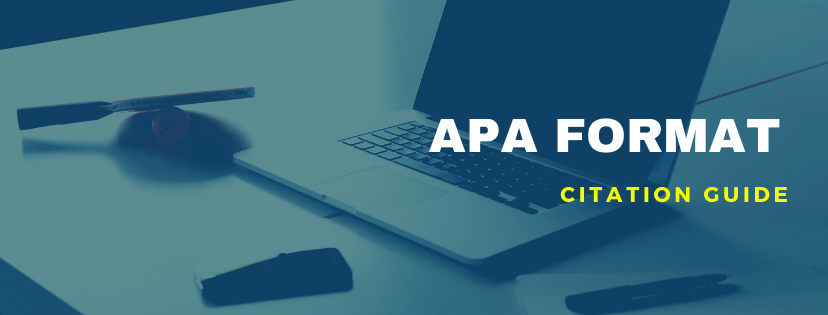
The American Psychological Association (APA) format is the most common style used to cite sources within the social sciences. This handout will give you a brief guide on the Publication Manual of the APA. For more information, please consult the Publication Manual of the American Psychological Association (7th Edition).
Continue Reading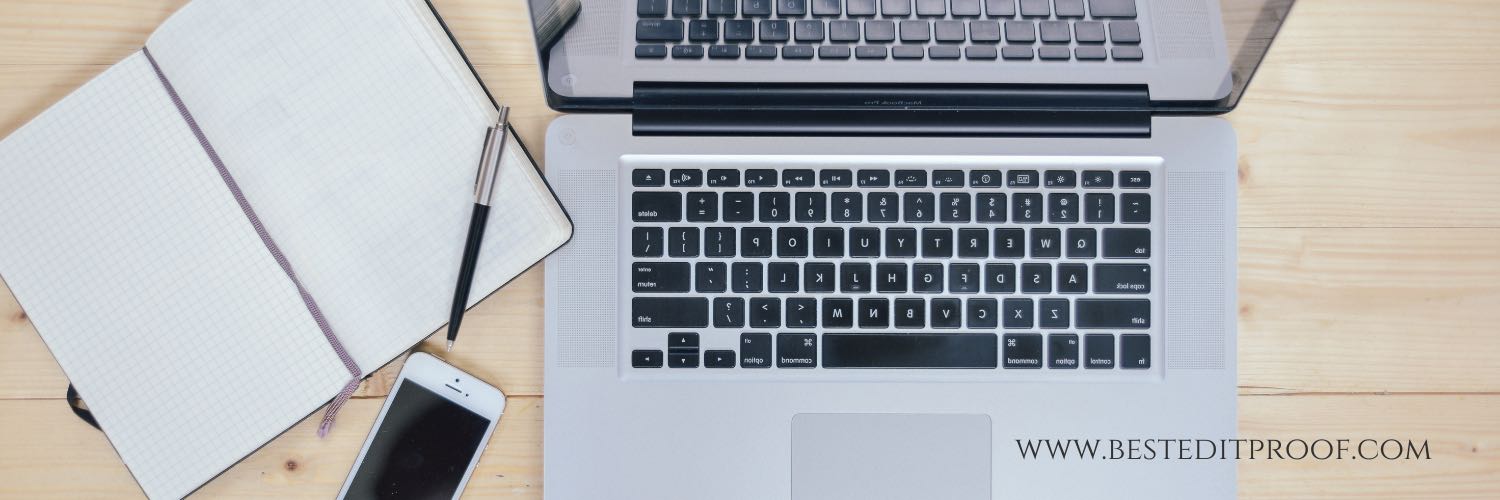
The American Psychological Association (APA) introduced the 7th edition of the APA Publication Manual in October 2019. This edition replaced previous one, the 6th edition of the manual. Since then, several things have changed. The latest edition also updated how to present publisher information in your reference list in APA style.
Continue Reading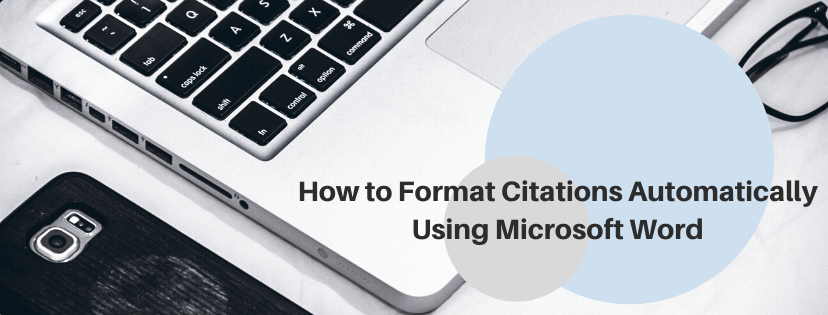
Properly formatting citations and references has always driven researchers crazy. With Microsoft Office Word, though, the process is streamlined to the point of almost being automatic. Microsoft Word automatically generates a bibliography from the sources you used to write your manuscript. Each time you add a new citation to your document, This handout is going to show you how to add citations and bibliographies to your Word documents and how to format references automatically using the Microsoft Word References tool.
Continue Reading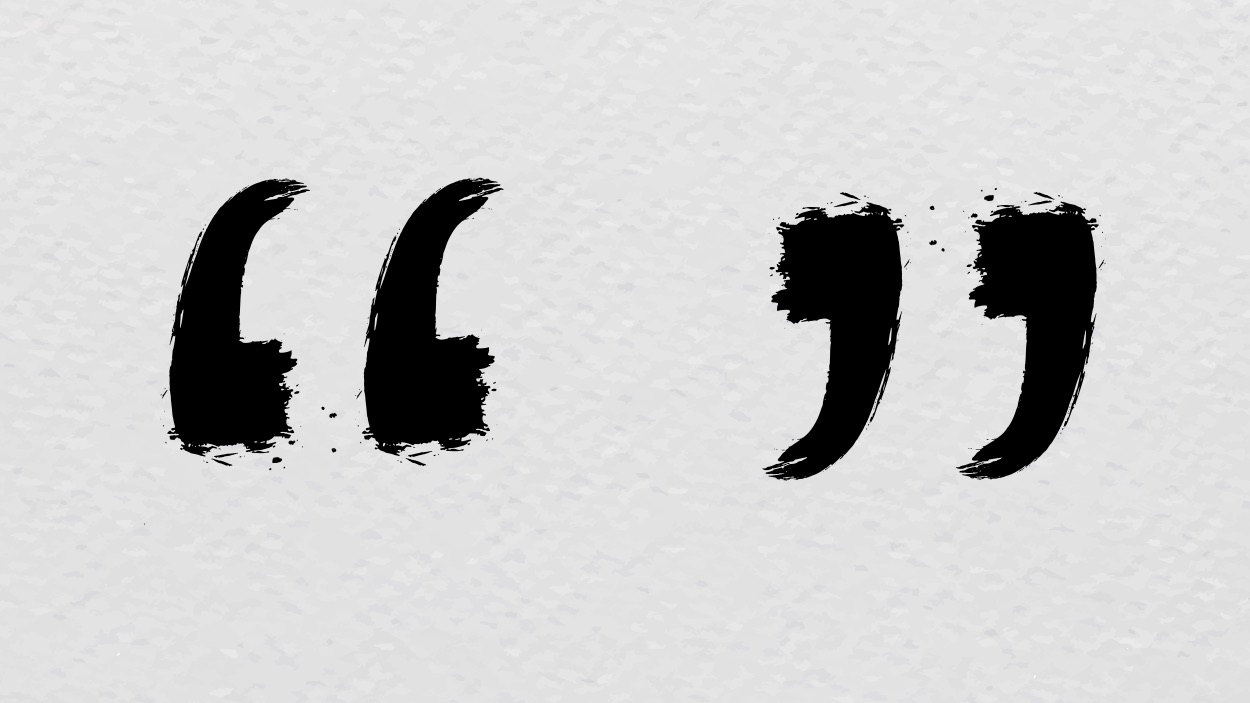
Whenever you use words, facts, ideas, or explanations from other works, those sources must be cited. Academic referencing is required when you have copied texts from an essay, an article, a book, or other sources verbatim, which is called quotation. You also need referencing when you use an idea or a fact from another work even if you haven’t used their exact expression.
Continue Reading
The term ‘‘et al.’’ is the abbreviated form of the Latin term ‘‘et alia,’’ which means ‘‘and others.’’ It is used in academic in-text citations when referring to a source with multiple authors. In APA style, for a source with three or more authors, list the first author’s last name and “et al.” for all citations, including the first citation.
Continue Reading